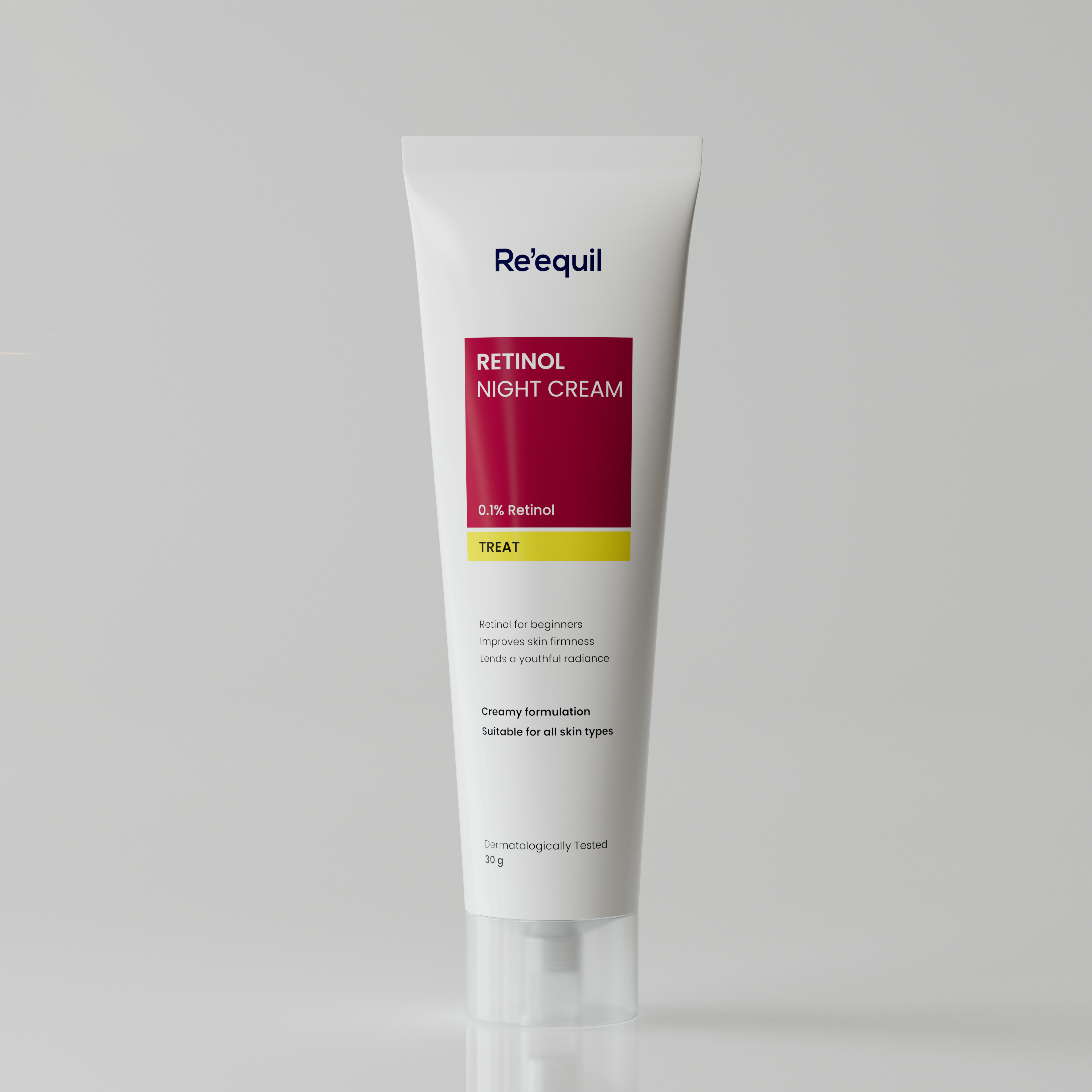Hyperpigmentation (dark spots) are deemed to be the biggest barricade in the way of clear and glowing skin. In the market, you can easily find the creams promising to provide instant results to fade away dark spots, melasma and acne marks. However, over-the-counter creams that are made up of using skin bleaching agents can provide you a short break from dark spots but their long term use is suspected to cause more harm to your delicate skin.
Hydroquinone is a commonly used skin-lightening ingredient to treat skin issues like hyperpigmentation, melasma, age spots, liver spots, and freckles. However, since 90’s, this skin bleaching agent has been under many controversies due to its safety concerns. Hydroquinone can benefit in lightening dark tones but its potential side effects have made people cautious of its frequent use.
A research study published in Clinical, Cosmetic and Investigational Dermatology has elucidated the harmful effects of hydroquinone on skin.
How does hydroquinone work on hyperpigmentation?
Hydroquinone is a skin bleaching agent that is used to lighten skin tone in skin concerns like melasma, age spots, freckles etc. It causes a decrease in the number of melanocytes to lighten the skin color. Melanocytes are the cells which produce melanin, a pigment that gives color to your skin.
However, sun exposure while using this ingredient is found to increase the risk of skin sensitivity . This is the reason, use of a broad-spectrum sunscreen is emphasized if your skin care products contain hydroquinone.
Studies also suggest that Hydroquinone can cause rebound hyperpigmentation.
Hydroquinone has been in use for a long time in many bleaching creams and skin lightening products. However, many research studies show that topical use of this ingredient many cause many side effects including -
- Mild skin irritation
- Burning sensation
- Itchy inflammation of the skin (dermatitis)
- Inflammatory reaction
- Dryness
- Redness
- Unusual skin discolorations
Why is this bleaching agent banned?
A few years ago, U.S. The Food and Drug Administration (FDA) implemented a ban on the use of cosmetics that contain a skin-lightening agent (hydroquinone). As per reports of FDA, there are approximately more than 60 countries who sell 200 different types of skin lightening products. Hydroquinone is forbidden in many countries because of its side effects.
The American Academy of Dermatology (AAD) suggests that over usage of hydroquinone may result in unwanted effects on the skin such as irritation and potential darkening of the skin. Hence, it is strictly suggested to seek a skin expert or dermatologist’s advice for treating dark spots.
Some of the countries where the use of hydroquinone is prohibited
- S.A
- European Union
- Africa
- United Arab Emirates
- Asia-Pacific
- Australia
Top 5 natural alternatives to hydroquinone
Till now, there are no clear evidence about the safety status of hydroquinone. The good news, though, is that you can get rid of dark spots, blemishes and uneven skin tone with these below given plant derived extracts. These ingredients will not only help to fade your hyperpigmentation but also act as an antioxidant to boost your skin’s rejuvenation process.

1. Arbutin
A research study published in The Journal of Clinical and Aesthetic Dermatology has demonstrated the efficacy of arbutin in treating hyperpigmentation. Arbutin is a botanical extract obtained from bearberry. Its natural skin brightening properties help to make your skin clear and flawless. It inhibits the activity of tyrosinase enzyme which induces melanin production. This finally helps to improve the skin tone, facial discolorations, and age spots.
2. Pterocarpus marsupium Extract
Pterocarpus marsupium is commonly known as Malabar kino, Indian kino tree, or Vijayasar. Since ancient times, this plant has had great medicinal importance in the traditional system of healing. Its antibacterial, anti-fungal, anti-inflammatory, and antioxidant properties make it an effective cure for several ailments including skin problems. It has a natural phytochemical compound pterostilbene that is packed with natural skin brightening properties. It exhibits strong antioxidant and anti-inflammatory action with UV protection benefits.
3. Tetra-hydrocurcumin
Tetra-hydrocurcumin is an antioxidant compound derived from curcumin. Anti-pigmentation properties of this bioactive compound have made it now a key ingredient in skin brightening creams. Tetra – hydrocurcumin is an effective natural alternative to hydroquinone. Its melanin inhibition action has been found more effective in comparison to bleaching agents such as kojic acid and hydroquinone.
4. Niacinamide
Niacinamide works brilliantly to attain an even skin tone by clearing the skin discolorations. It prevents the transfer of melanosomes (specific organelles in which skin pigment melanin is synthesized) to the surrounding cells in the epidermis layer.
5. Vaccinium Myrtillus Fruit/ Leaf Extract
Vaccinium Myrtillus is commonly called Bilberry. It contains a good amount of bioactive compounds such as resveratrol and quercetin, which help to protect the skin from UV damage. Several studies have concluded that the topical application of Bilberry offers skin lightening effects. One can obtain the extraordinary benefits of this fruit by incorporating skincare creams containing bilberry extract.
Before buying any product, it is very imperative to check the list of ingredients thoroughly on the labels to know if they are appropriate for your skin. Be precise with your skincare products because healthy, glowing, and radiant skin is only in your hands.
P.S.
Dermatologists explain that broad-spectrum sunscreen is a crucial part of hyperpigmentation treatment. Unprotected exposure to sun rays trigger melanin production which can worsen your melasma and dark spots on your face. Hence, slathering on broad-spectrum sunscreen 30 minutes before going outdoors builds a shield for your skin against UVA and UVB rays.

























